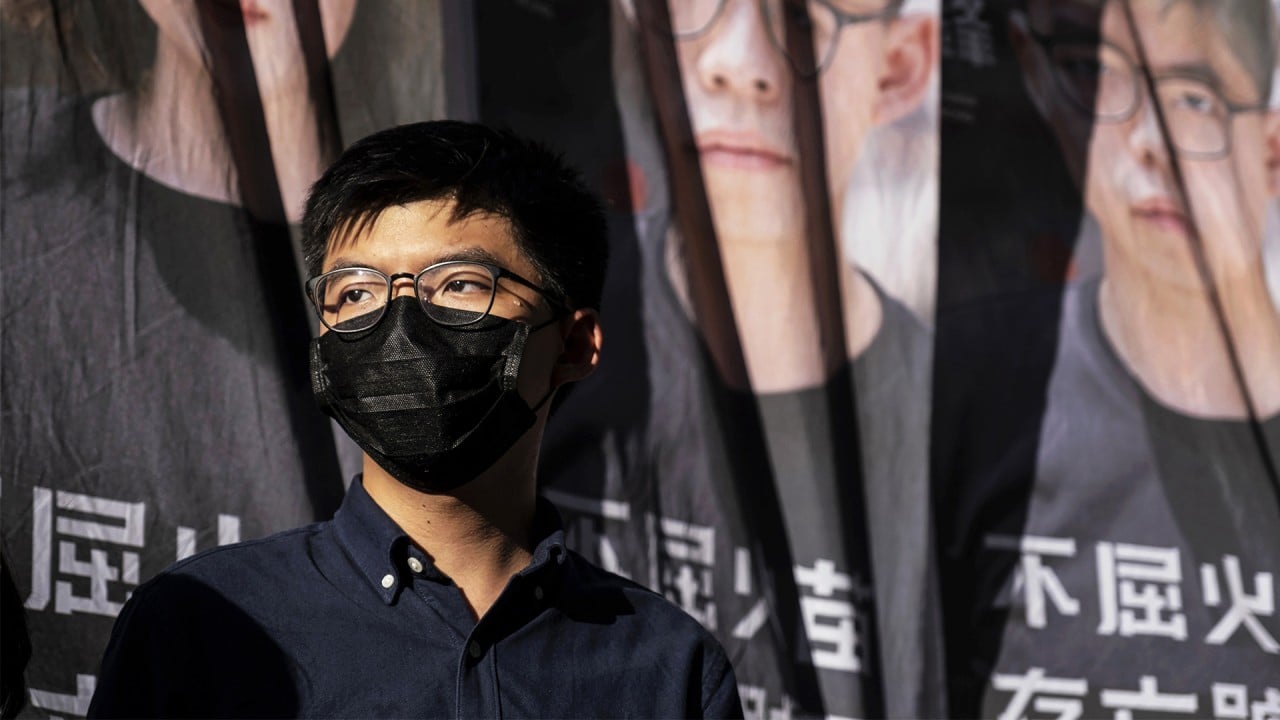
How Hong Kong should cope with the national security law: keep calm and carry on
- Given that the law on the mainland targets those who oppose the Communist Party, the same could be expected for Hong Kong
- Nevertheless, it would be best for Hongkongers not to panic, but get on with their lives instead
The target is anyone who opposes, or even suggests opposition to, the Chinese Communist Party and its authority. As Beijing has the ultimate say in all matters pertaining to Hong Kong through its right to interpret all provisions of the Basic Law, the city’s mini-constitution, the Hong Kong government acts as its local arm and is therefore also covered.

03:03
Activist Joshua Wong expects to be ‘prime target’ of national security law in Hong Kong
Where this leaves me and most other Hongkongers who want democratic governance for the city is therefore troubling. This law is, in effect, a mainland one and those across the border who advocate such rights are hounded, harassed, intimidated and, when they persist, charged with crimes like those outlined in the national security law for Hong Kong.
Freed Chinese human rights lawyer to challenge conviction
Democracy as defined by the Communist Party is not as the West would have it, though. It is with “Chinese characteristics”, which, as with all matters pertaining to Beijing, is defined however the nation’s top officials want it to be.
Given how protesters seeking Western-style democracy are being ignored in Hong Kong, pan-democrat lawmakers are shunned and every effort made to sideline and silence democratic voices, it’s obvious in which direction governance in the city is heading. It’s all about ensuring Beijing’s authoritarian voice is the only one allowed.

But that’s not what I, or millions of other Hong Kong people, want. We know the benefits of being able to freely choose who represents our interests in government as opposed to the constraints and limitations of mainland-style authoritarianism.
The law will not end protests or calls for genuine democracy. Hong Kong is not the mainland; people here think differently on account of their distinct history and experience, so oppressing, suppressing and threatening will not work.
Looming security law for Hong Kong sparks jitters in literary scene
We should continue as we always have, doing and thinking as we do. To change our ways would be to give up Hong Kong’s advantages to other cities in China. If there is to be a knock on the door by secret police at 3am, it will come when it does. Let’s hope this isn’t what Beijing means by national security.
Peter Kammerer is a senior writer at the Post

